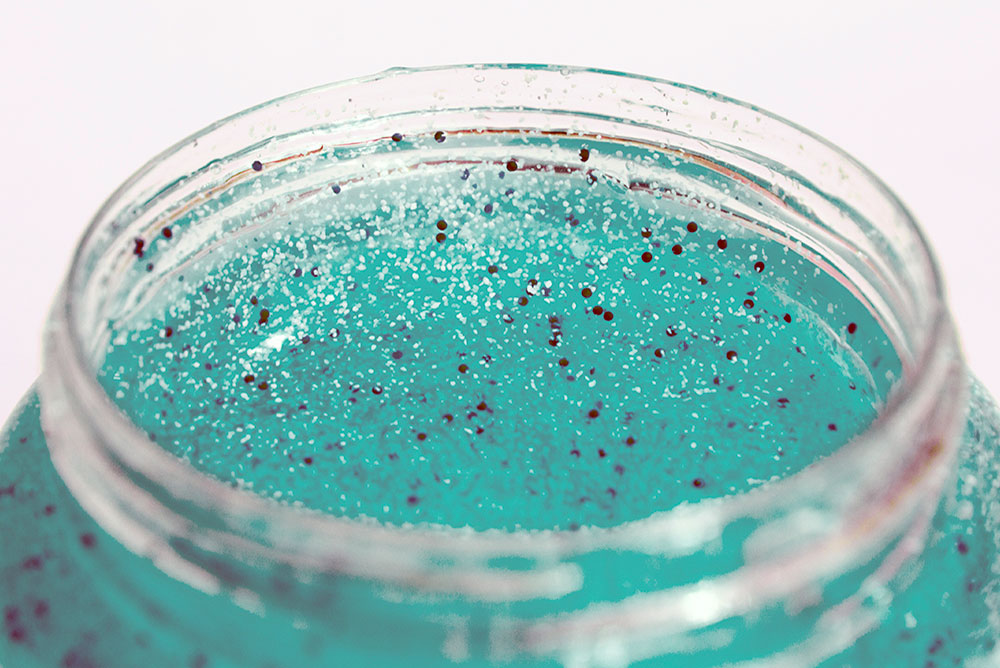
This story is the first in a series covering personal-care products that are harmful to well-being and the environment.
ANYONE WHO’S environmentally conscious is very concerned about microbeads, those tiny spheres of plastics that range in size from a pinhead to as small as one micrometer. That’s despite the Microbead-Free Waters Act of 2015 that former President Obama signed into law, phasing out microbeads in “rinse-off” products and toothpaste by late 2017. The new law fails to cover cosmetic creams, deodorants and make-up, in particular “age-defying” wrinkle creams, as well as household cleansers. Also, bead-laced formulations already purchased by those who tend to stockpile languish in medicine cabinets and travel bags.
Microbeads can cause harm when toothpaste microbeads get “stuck in the tiny crevices between the teeth and gums,” according to a Washington Post article, which goes on to quote Phoenix, Arizona, dentist Justin Phillip: “They’ll trap bacteria in the gums, which leads to gingivitis, and over time that infection moves from the gum into the bone that holds your teeth, and that becomes periodontal disease.”
According to The Post, both the FDA and the American Dental Association have firmly supported the safety of microbeads. But the makers of Crest, admitting that the beads’ sole raison d’etre in toothpaste is color and sparkle, promised to phase out microbeads completely by March 2016.
Microbeads are a menace to the environment. Too tiny to be filtered out by wastewater treatment plants, the beads proceed to clog rivers, lakes and the ocean. They absorb polluting chemicals, are consumed by fish and can harm both the fish and anyone who eats them. A single cleansing product can contain up to 360,000 microbeads, according to The Guardian.
One estimate says Americans flush billions of microbeads down the drain every day. Microplastics found in the world’s water also come from clothing fibers, boat paint and degrading plastic bags and bottles.
The best microbead substitute is sand: one cosmetic company has created “synthetic amorphous silica” with claims of “higher purity” than the beach. Exfoliants on the market for years have used pumice, jojobeads, apricot kernels, ground nutshells—even salt and sugar.
The International Campaign Against Microbeads in Cosmetics has a list of microbead-containing products—including those with such healthy-sounding names as Aveeno “Active Naturals.” To be sure, check ingredient labels for the most common plastic components of microbeads: polyethylene (PE), polypropylene (PP), polyethylene terephthalate (PET), polymethyl methacrylate (PMMA), polytetrafluoroethylene (PTFE) polylactic acid and nylon.
Or use the free Beat the Bead smartphone app that scans a product’s barcode for plastics. Among good-guy/-gal cosmetic manufacturers using no microplastics are L’Oreal, Clarins, Botanicals and Clorox (Burt’s Bees), along with many others listed by the story in The Guardian.
What you can do with microbead-containing products still on hand is donate them for research* or ship them back to the manufacturer. ** For the very energetic, there’s a cumbersome DIY filtering process, although it’s not clear that those microbeads end up in a better place. Although clearing plastics out of the ecosystem might be impossible, the best hope for the future is that the burgeoning field of “green chemistry” can better investigate new products before more damage is done.
*The 5Gyres Institute, 3131 Olympia Boulevard, Santa Monica, California 90404; or Sherri Mason, SUNY Fredonia, 280 Central Avenue, 340 Sciences Complex, Fredonia, New York 14063.
**The International Campaign Against Microbeads in Cosmetics has a sample letter to send with the returned product.
—Mary Carpenter
See more well-being posts here.

In reply to Nancy: Because “rinse-off” products must shed their microbeads by late 2017, it is hoped that Aveeno products will come clean. As for Aveeno’s Active Natural products — or any personal care products — “natural” and “derived from nature” have no legal or regulatory meaning, and the FDA doesn’t review cosmetic products before they are on the market.
Surprised by the Aveeno info. Perhaps they’re going to change the formulation?